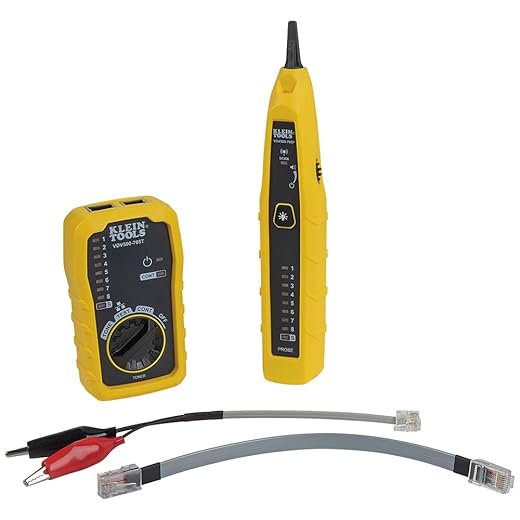









Understanding Data Testers: The Unsung Heroes of Data Quality
In today’s data-driven world, the integrity of information is paramount. Whether you’re a small startup or a global enterprise, the need for reliable data cannot be overstated. Enter the data tester—a professional who ensures that your data is not only accurate but also useful. But what exactly does a data tester do? Let’s dive into this essential role and explore its importance in maintaining data quality.
What is a Data Tester?
A data tester is akin to a quality control specialist, but instead of products, they focus on data. Imagine being an architect designing a skyscraper. Just as the architect needs solid blueprints and materials, businesses require robust data to build their strategies. Data testers scrutinize this information, checking for inconsistencies, inaccuracies, and anomalies. They run tests to validate data, much like a chef tasting their dish to ensure it’s seasoned perfectly before serving it to guests.
The Importance of Data Testing
Why is data testing crucial? Think of data as the oil that keeps the engine of a business running smoothly. If that oil is contaminated or low, performance suffers. Poor data quality can lead to misguided decisions, lost revenue, and damaged reputations. According to various studies, organizations can lose up to 30% of their revenue due to poor data quality. That’s a staggering number!
Moreover, data testing helps organizations comply with regulations like GDPR or HIPAA. By ensuring data integrity, businesses can protect themselves from legal issues and potential fines. Is it worth the risk to skip this step? Absolutely not!
Types of Data Testing
Data testing encompasses several types, each serving a unique purpose. Here are a few key types:
1. Unit Testing
Unit testing focuses on individual components of a data system. It checks whether each piece of data functions as intended. Imagine testing each ingredient in a recipe before putting them together. If the flour is stale, the cake won’t rise!
2. Integration Testing
This type examines how different data components work together. It’s like ensuring that all the parts of a car fit together seamlessly. If the engine and transmission don’t sync up, the car won’t drive smoothly.
3. System Testing
System testing looks at the entire data system as a whole. Think of it as a dress rehearsal before the big show. It tests the complete functionality and performance of the data system to ensure everything works in harmony.
4. User Acceptance Testing (UAT)
In UAT, real users test the data system to ensure it meets their needs. It’s like a focus group for a new product. Feedback from users helps identify issues that developers might not notice.
Strategies for Effective Data Testing
Now that we’ve covered the types of data testing, let’s explore some strategies to enhance your data testing process:
1. Develop a Comprehensive Test Plan
A test plan outlines what needs to be tested, how it will be tested, and who will do the testing. Think of it as a roadmap guiding you through the complexities of data testing. Without a plan, you risk wandering aimlessly in the data wilderness.
2. Automate Where Possible
Incorporating automated testing tools can save time and reduce human error. It’s like using a dishwasher instead of washing dishes by hand—more efficient and less prone to mistakes.
3. Regularly Review and Update Test Cases
Data environments are constantly evolving, and so should your test cases. Regular reviews ensure that your testing remains relevant. This is akin to keeping your wardrobe updated with the latest trends—what worked last season might not be in style today.
4. Collaborate with Stakeholders
Engaging with different departments can give you a broader perspective on data needs. It’s like assembling a team of specialists to tackle a complex project. Diverse insights lead to more effective testing.
Conclusion
In a world where data is king, the role of a data tester is indispensable. By ensuring data quality, these professionals help organizations make informed decisions, comply with regulations, and ultimately thrive in a competitive landscape. So, the next time you hear the term “data tester,” remember the significant impact they have on the success of any data-driven initiative.
FAQs
1. What qualifications do I need to become a data tester?
To become a data tester, you typically need a background in computer science, statistics, or a related field. Familiarity with database management and testing tools is also essential.
2. How long does the data testing process take?
The duration of the data testing process varies depending on the complexity of the data and the scope of the project. Simple tests can take hours, while comprehensive testing may span weeks.
3. Can data testing be automated completely?
While many aspects of data testing can be automated, human oversight is still crucial. Automated tests can quickly identify issues, but human testers bring context and insights that machines cannot replicate.
